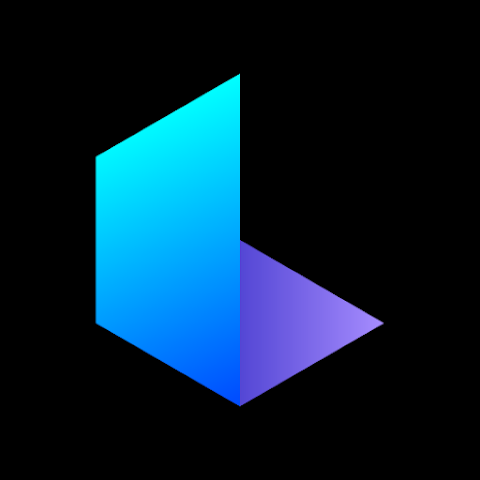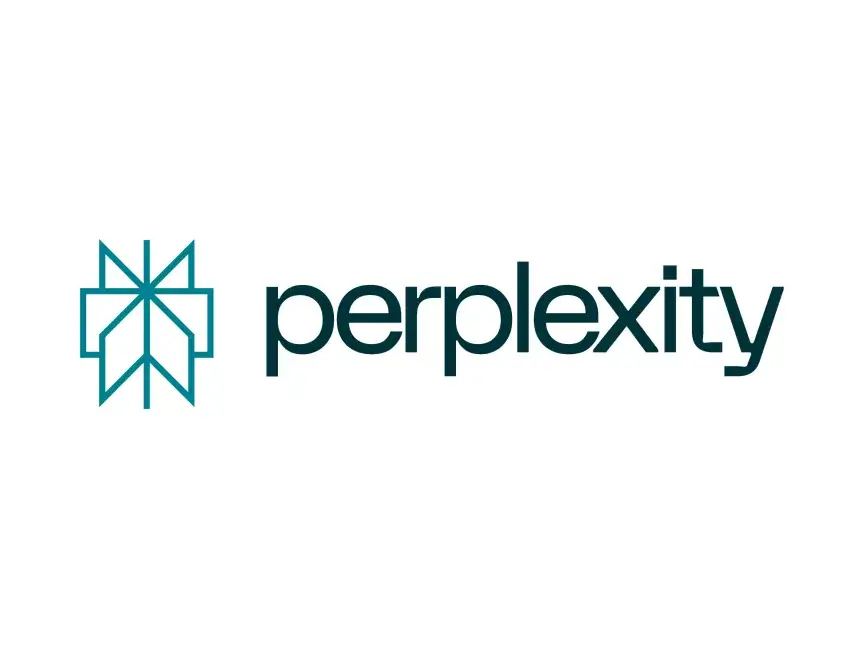
Luma AI – Genie
Luma AI's Genie is a groundbreaking 3D generative foundation model that specializes in transforming text prompts into detailed 3D models.
Description
Luma AI's Genie is a groundbreaking 3D generative foundation model that specializes in transforming text prompts into detailed 3D models. It allows users to generate virtual objects from simple textual descriptions, bringing imagination to life in three dimensions. This AI tool is part of Luma AI's broader suite of powerful image and video AI models, designed to help users ideate, visualize, and create. Genie aims to enhance creative possibilities across various industries by simplifying the 3D content creation process for artists, designers, and developers. Initially launched as a research preview, Genie has evolved to enable the rapid creation of realistic 3D models, often within approximately 10 seconds. It represents a significant step in making advanced 3D modeling accessible to a wider audience, requiring no specialized capture equipment beyond a compatible smartphone.
Key Features
Tool Details
Developer
Luma AI
Release
13 November 2023
Category
Chat BotVersion History
Genie 1.0Latest
Luma AI officially released "Genie 1.0", capable of generating 3D models from text prompts in approximately 10 seconds.
Initial Unveiling / Research Preview
Luma AI unveiled Genie as a new text-to-3D model generator, offering a research preview of its generative 3D foundation model.
Ratings
Rate this model
Average Rating
Explore AI Tools
View AllSimilar tools in Chat Bot category and other popular AI models.

Perplexity
Perplexity AI is an American web search engine that leverages large language models (LLMs) to process user queries and synthesize responses. Unlike traditional search engines, Perplexity aims to provide direct, accurate, and real-time answers, often citing its sources directly. It functions as an AI-powered answer engine, designed to cut through clutter and deliver credible, up-to-date information. The platform is versatile, serving as a tool for answering questions, learning new skills or concepts, and conducting in-depth research. It offers various underlying models, including a lightweight, cost-effective search model for quick, grounded answers, and an offline chat model that provides local AI capabilities without requiring internet search. Perplexity also integrates advanced third-party AI models like OpenAI's GPT-4 Omni and Anthropic's Claude 3.5 Sonnet & Haiku for its premium users. Perplexity is accessible across multiple platforms, including a web application, and dedicated mobile apps for Android and iOS. It also offers a developer API, notably including its proprietary 'Sonar' models, allowing external applications to integrate Perplexity's AI search capabilities. The service operates on a freemium model, offering a free plan with core features and a 'Pro' subscription for enhanced capabilities.
Gemini
Gemini is Google's family of highly capable and general-purpose generative AI models, developed by Google's AI research labs, DeepMind and Google Research. It is designed to be inherently multimodal, meaning it can seamlessly understand, operate across, and combine different types of information, including text, images, audio, video, and code. The Gemini model family is optimized for various use cases and sizes, ranging from highly efficient models for on-device deployment (Nano) to the most powerful and complex models for advanced reasoning (Ultra). It offers advanced capabilities such as native tool use, in-depth research, technical accuracy, creative writing, and robust coding assistance. The models are continuously updated with improvements in generative AI capabilities and expanded access. Gemini is available to developers via the Gemini API, Google AI Studio, and Vertex AI, allowing integration into various applications and services. It also powers the Gemini mobile app, serving as an AI assistant on Android and iOS devices, offering features like real-time conversation, image creation, and live interaction with camera and screen sharing to enhance creativity and productivity.

Llama
Llama is a family of large language models (LLMs) developed by Meta AI. First introduced in February 2023, these models are designed with an open-source philosophy, allowing developers to fine-tune, distill, and deploy them across various environments. This open approach fosters a broad ecosystem for AI innovation and application development. While initially focused on advanced text generation tasks, the Llama family has evolved significantly. Recent iterations, such as Llama 3.2 and the latest Llama 4, have expanded into multimodal capabilities. This means they can process and understand not only text but also integrate and analyze image and video data, making them versatile for a wide array of applications, including vision-related AI, edge computing, and conversational AI assistants. Llama models are made available under a license that supports broad commercial use, encouraging developers to build and redistribute additional work on top of the models. While the core models are generally free for use, API access for certain versions, particularly through cloud platforms like Google Cloud's Vertex AI, operates on a paid, per-token billing model. The availability of lightweight Llama models also facilitates their deployment on mobile devices, enhancing accessibility and enabling on-device AI functionalities.